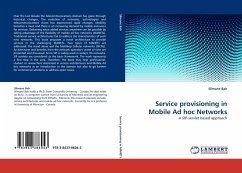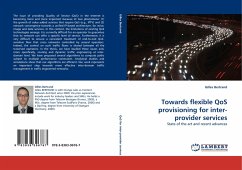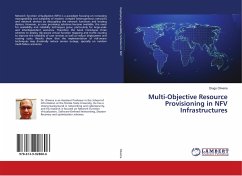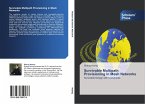In Fednet, there are two approaches for providing the services. One is overlay and the other is proxy-based. Each of the approaches has the advantages and drawbacks. To trade off between these two approaches, we propose a new scheme, which can make the way of service provisioning in Fednet flexible and adaptable to the changing environment and the user s preference. Some modules are designed in the Fednet agent (FA), Fednet manager (FM) and the service proxy to support our new mechanism. To fully illustrate the concept of Fednet and the service provisioning in Fednet, we implement a Fednet prototype. It shows us how the Fednet is formed and how messages are exchanged between the FA and the FM. With the aim of proving our decision making algorithms can make decisions according to the user s requirements and the changing context, some simulations and a real test bed experiment based on one or two parameters are carried out. The simulations results show that our new service provisioning mechanism could make the way of service provisioning flexible and adaptable as we have expected.
Bitte wählen Sie Ihr Anliegen aus.
Rechnungen
Retourenschein anfordern
Bestellstatus
Storno








